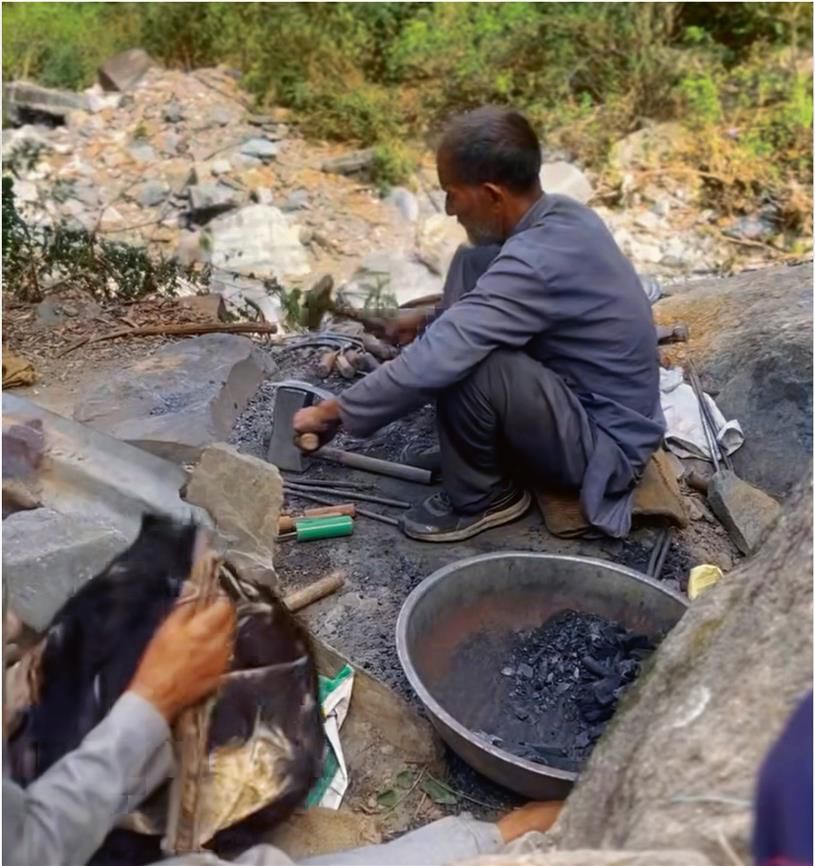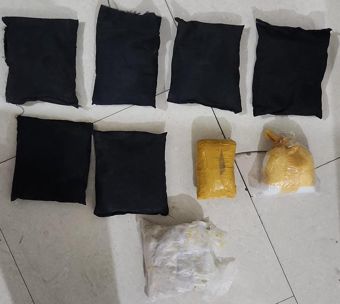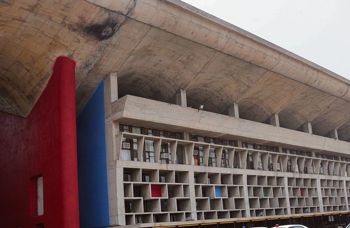
People of the Trans-Giri area forge iron tools using the age-old technique of ‘Aaran’.
Pankaj Sharma
Nahan, April 19
In an era dominated by modern machinery and technology, blacksmiths of the Trans-Giri area in Sirmaur district are holding on to traditions as they continue to deploy an age-old technique of using ‘Aarans’ to forge tools.
Despite the availability of advanced machinery, residents of the rural areas of the state still adhere to traditional methods for numerous tasks. The process of crafting tools using ‘Aarans’ is one such example, deeply rooted in the cultural fabric of the region.
In the Trans-Giri areas, the art of blacksmithing has been passed down through generations, with craftsmen employing traditional methods rather than relying on modern equipment. While, this approach may require more manpower, it preserves the centuries-old tradition cherished by the local community.
What makes this practice unique is its reciprocal nature. The blacksmiths, known locally as ‘Lohars’, craft tools for their landlords and in return receive a fixed portion of grains from them every six months, ensuring sustenance.
Despite not owning agricultural land, the blacksmiths play a vital role in the village economy. They repair and make agricultural tools in ‘Aaran’ structures in villages catering to the needs of the agricultural community.
The ‘Aaran’ serves as the focal point of the craft, where iron is heated and shaped. Traditional bellows made from sheep/goat skins were once used to ventilate the ‘Aaran’, now electric blowers have replaced them.
Using heavy hammers, the blacksmiths skilfully shape the heated iron into various tools. This timeless practice continues to thrive in many villages across the Trans-Giri area, symbolising the resilience of tradition in the face of modernisation.
It’s worth noting that this craftsmanship is typically carried out during the winter season, requiring coal as fuel. Given the challenging conditions of working near fire in summers, the artisans prefer to engage in their craft during colder months.
Join Whatsapp Channel of The Tribune for latest updates.



























